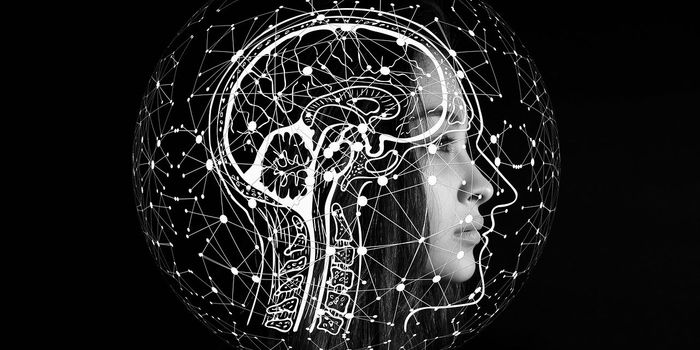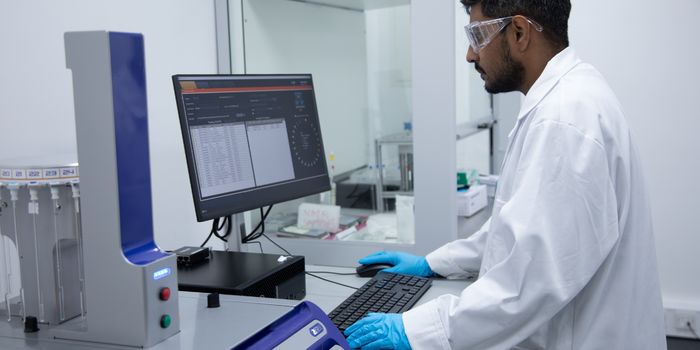Can Computers Predict Our Death?

A new study published in the journal PLOS ONE, suggests that computers are capable of teaching themselves to predict premature death—such research could greatly improve preventative healthcare in the future. Using a team of healthcare data scientists, the newly developed computer-based AI system was used to predict the risk of early death due to chronic disease in a middle-aged population study.
"Preventative healthcare is a growing priority in the fight against serious diseases so we have been working for a number of years to improve the accuracy of computerized health risk assessment in the general population. Most applications focus on a single disease area but predicting death due to several different disease outcomes is highly complex, especially given environmental and individual factors that may affect them,” says leading author of the study and Assistant Professor of Epidemiology and Data Science, Dr. Stephen Weng.
The developed system are based on models known as as 'random forest' and 'deep learning'. Priamrly, based against the traditionally-used 'Cox regression' prediction model on age and gender – which is believed to now be the least accurate measure of mortality prediction.
“We have taken a major step forward in this field by developing a unique and holistic approach to predicting a person's risk of premature death by machine-learning. This uses computers to build new risk prediction models that take into account a wide range of demographic, biometric, clinical and lifestyle factors for each individual assessed, even their dietary consumption of fruit, vegetables and meat per day. We mapped the resulting predictions to mortality data from the cohort, using Office of National Statistics death records, the UK cancer registry and 'hospital episodes' statistics. We found machine learned algorithms were significantly more accurate in predicting death than the standard prediction models developed by a human expert."
Source: University of Nottingham










